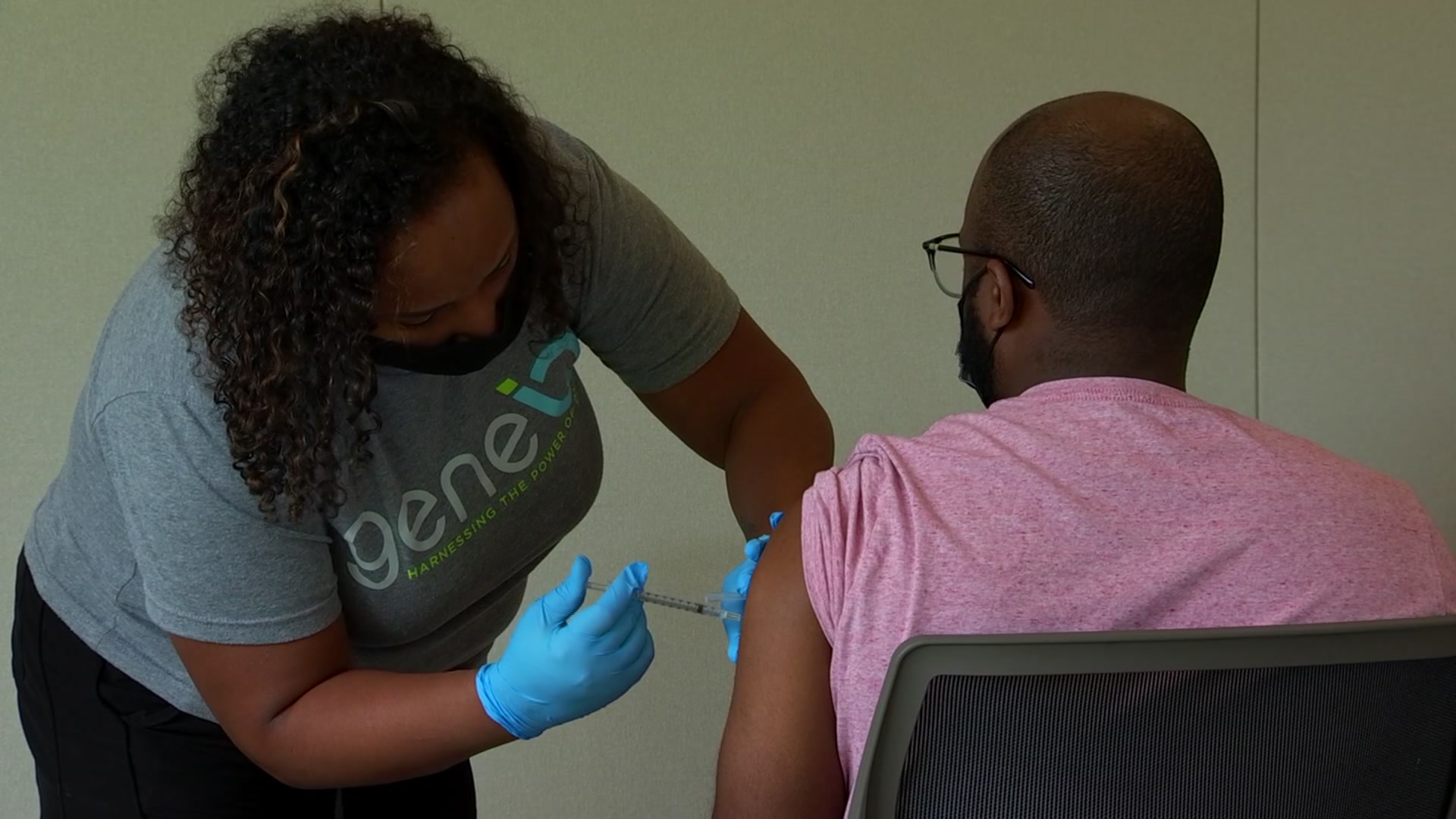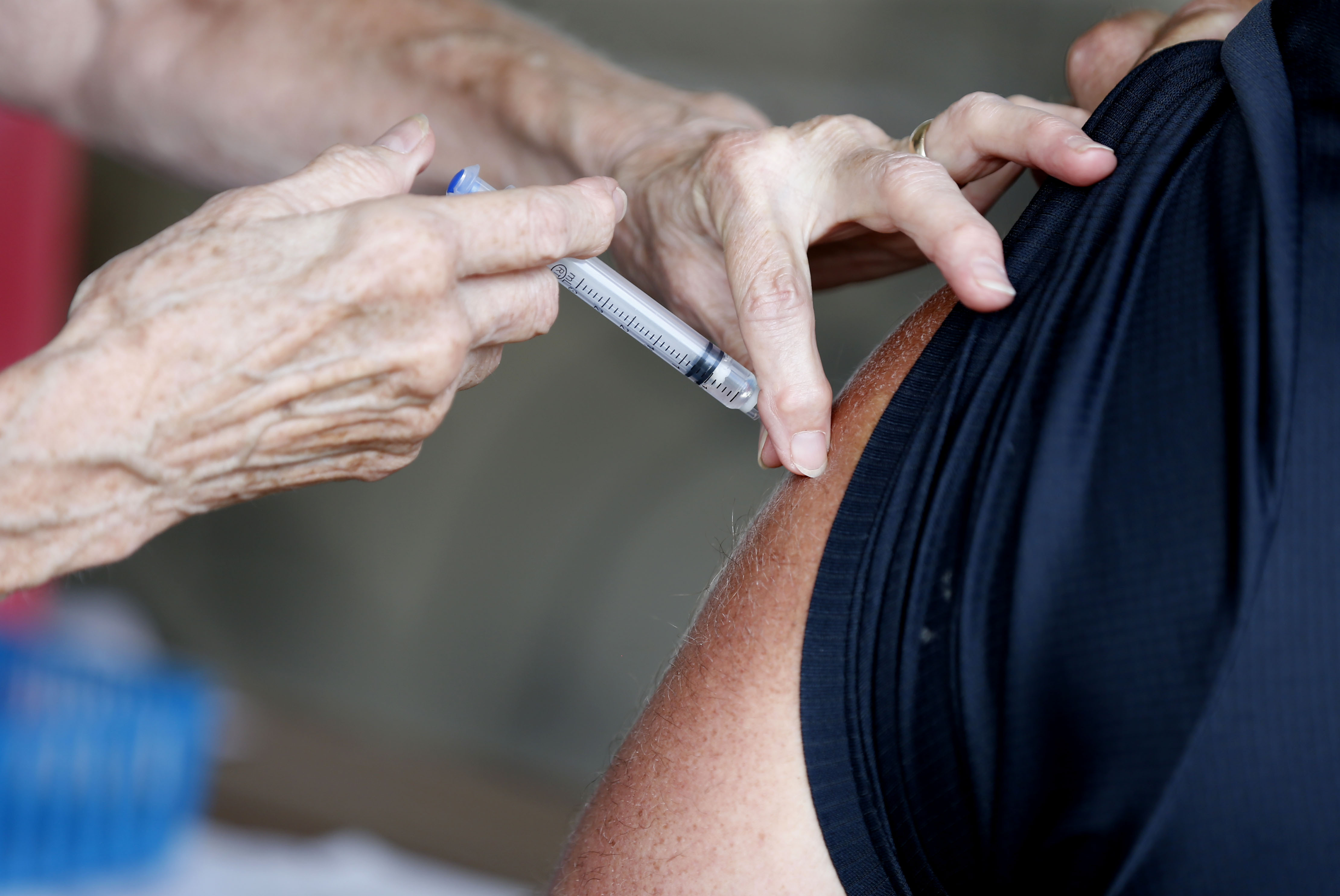A task force charged with addressing equity in Boston as the city recovers from the coronavirus pandemic is recommending the city and its residents acknowledge and increase awareness of racism and inequity, invest in youth, provide quality housing for all, and reimagine public health and safety.
The COVID-19 Heath Inequities Task Force released its 112-page plan, called the Health Equity Now Plan, on Monday..
"Using a thoughtful public health and planning approach, the Health Equity Now Plan outlines a path forward for the City of Boston to reach health justice, a vision where social health inequities are eliminated through improving economic security, educational opportunity, fair housing, physical health, and holistic wellness," the task force said in a statement Monday morning. "It includes key recommendations and goals, and also provides the City and its key stakeholders priorities and ideas to foster recovery, wellness, equity, and inclusion."
The plan notes that, although the city of Boston has worked to address "inequities in a wide range of areas" like Health and Human Services and the Boston Public Health Commission, "what COVID laid bare is that there is much more work that needs to be done if the structures that hold people of color back are to be dismantled."
Get Boston local news, weather forecasts, lifestyle and entertainment stories to your inbox. Sign up for NBC Boston’s newsletters.
Other recommendations include providing free or subsidized child care, closing the digital divide and diverse hiring at all levels.
"It took a pandemic for all of us to come together and have this conversation and really look at structural racism," said Karen Chen of the Chinese Progressive Association.
More on Coronavirus in Mass.
The task force, created in April 2020, aimed to address the disproportionate impact of the virus on communities of color.
"COVID-19 exacerbated long-standing inequities and just shone a bright light, maybe a dark light, on what we needed to address," said Frederica Williams, CEO of Whittier Street Health Center.
"We all know that your health is your wealth, but also, without wealth, you do not have good health," said Williams.
The resulting Health Equity Now plan that the committee has put together outlines eight goals, including improving housing insecurity, increasing the number of people of color in positions of leadership and enhancing quality of life.
"It's the right time to put the pressure on the city and the state to do the right thing and eliminate these disparities," said Michael Curry, CEO of the League of Community Health Centers. "I'm excited that racism is on the run."
In September, when city data showed that about 32% of cases and 35% of coronavirus-related deaths in Boston were among Black people, despite the group making up a smaller proportion of the city's population, some Black community leaders criticized the city's task force, saying it alone doesn't go far enough in addressing the disparities.
"The messaging isn’t as robust as other communities," said Dr. Ellana Stinson of the New England Medical Association. "I think reaching out to the Black churches, different radio stations that the majority of the Black community listens to, ensuring that there is a significant amount of messaging and social media as well."
To combat the coronavirus successfully, the leaders said at the time, there must be a concentration on communities that are hit the hardest.
"Once things start to ramp up in the Black community, it’s only inevitable that they start to ramp up in other communities as well," Stinson said. "I think it really behooves us to re-allocate the resources to focus on those most hard-hit communities."
The Boston Public Heath Commission later acknowledged that the "longstanding systemic health and social inequities" put people of color at a higher risk of contracting and dying from the coronavirus.
"The city remains committed to addressing the inequities that exist in Black and Brown communities," a representative said in a statement.



